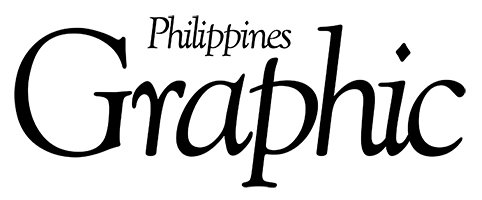Antique province—Tobacco Control Program
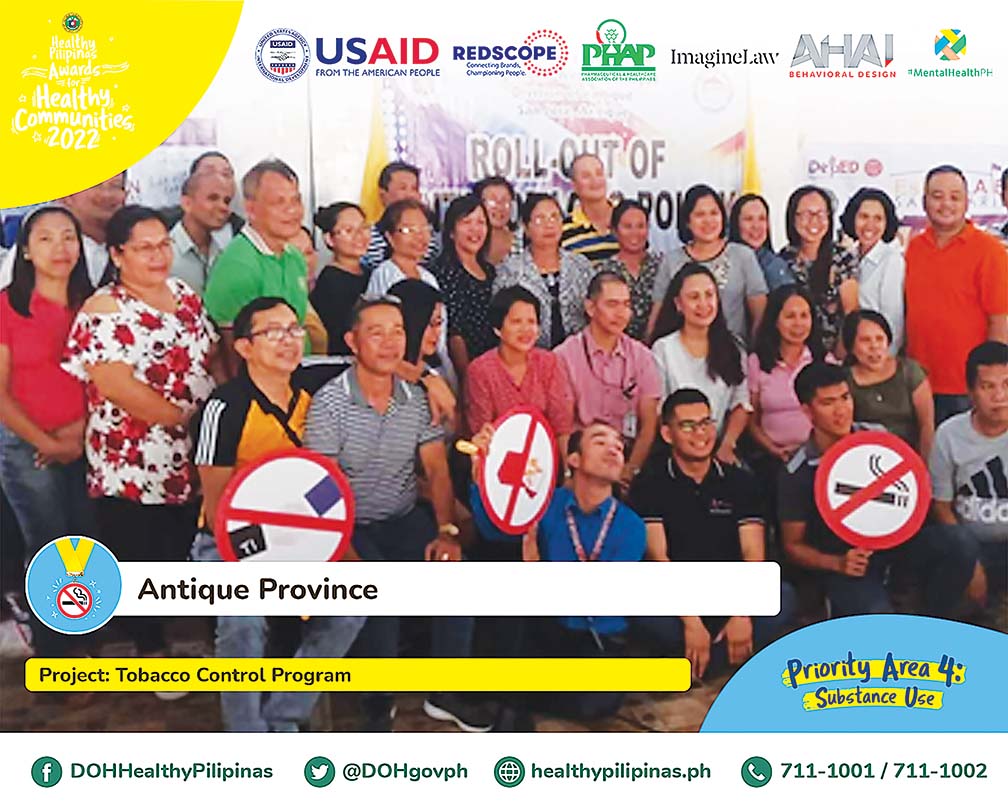
The Tobacco Control Program of Antique province promotes smoke-and vape-free communities through comprehensive strategies that provide causative and reactive interventions anchored on the World Health Organization’s (WHO) Framework Convention on Tobacco Control (FCTC), National Tobacco Control Strategy, Provincial Ordinance No. 173, s.2019 of the Province of Antique.
This is further fueled by the Red Orchid Award (ROA) of the Department of Health (DOH) to reduce the number of smokers and exposure of non-smokers to the harmful effects of cigarettes and other tobacco products in the province.
Prior to 2015, the province’s tobacco use regulation was at its bare minimum, until its eventual and gradual participation in the DOH’s Red Orchid Award.
Data retrieval and analysis is strengthened to track the statistics of current smokers in the province and the number of individuals given intervention on tobacco use.
Key actions taken by the Tobacco Control Program of the province of Antique are the following:
1. Compliance to the Philippine Package of Essential Non-Communicable Diseases Interventions (PhilPEN) assessment in the Regional Health Unit level to track updated statistics of tobacco use in the province,
2. Continuous operation of cessation clinics providing service to the entire population, both tobacco and non-tobacco users, regardless of reason for consultation/visit,
3. Provision of support to FCTC adoptive municipalities and further motivation to remaining non-FCTC adoptive municipalities in Antique,
4. Designation of smoking areas distant from the general public,
5. Encouragement of LGUs, agencies, and offices to participate in the ROA by DOH
6. Continuous implementation of the Provincial Ordinance against smoking.
Cagayan de Oro City—Rehabilitation and Aftercare: Kontra Droga
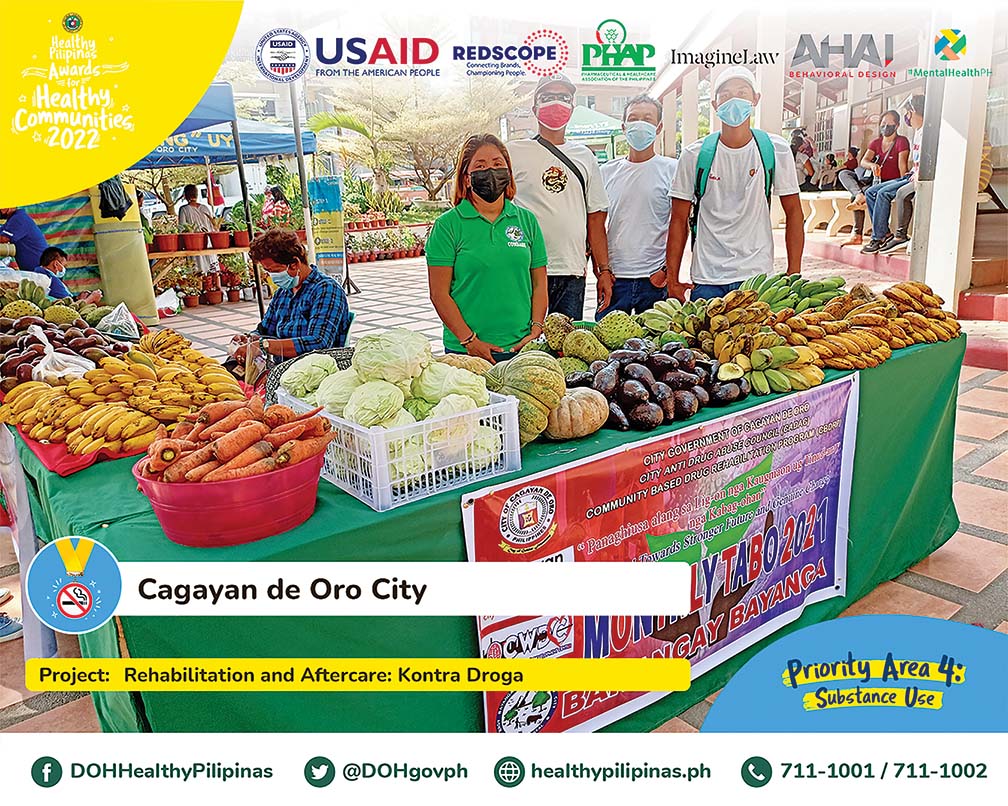
The Cagayan de Oro City Anti-Drug Abuse Council (CADAC) established the Oro Citizen’s Wellness and Development Center (OCWDC) under the City Social Welfare and Development Office.
This move followed the Dangerous Drugs Board Reg. 4, Sec. 6 on “OPLAN SAGIP,” a one-stop-shop facility where assessment, interview, counseling, referral, and applications for petition for confinement of drug dependents for treatment, rehabilitation, and other allied processes may be undertaken.
The OCWDC supervises the Community-Based Drug Rehabilitation Program (CBDRP) and the Aftercare Program for Persons Who Use Drugs (PWUDs) in the community. Four sections of the OCWDC cater to PWUDs in various stages of drug addiction and recovery. These include:
- Community-Based Drug Rehabilitation
- Aftercare
- Plea Bargain
- Medical Services Section.
The program uses the holistic approach of wellbeing and wellness, targeting not only the self (PWUD), but also the family and the community. Program innovations were made and strengthened, tailored to the needs of the PWUDs and have continued even during the COVID-19 Pandemic (2020–2021). These are the following programs:
- My School, My Home
- Big 3: Drugs, TB and HIV
- Monthly Tabo
New methods were implemented to ensure the sustainability of the program through online services such as the provision of telekonsulta and webinars. The LGU-CDO also launched the official CADAC Website in 2021, along with the improvement of the OCWDC Social Media Page. Through this, individuals can set online appointments, screenings, and access the latest news on CBDRP. This aims to widen the reach to the community on services available for rehabilitation and aftercare.
Consolacion, Cebu—Community Based Rehabilitation Program

The Consolacion Municipal Anti-Drug Abuse Council (MADAC) through the Consolacion Community-Based Rehabilitation Program (CCBRP), aims to help Persons Who Use Drugs (PWUDs) with low to mild severity of addiction.
One of its goals is to develop a sustainable drug-free community, where all recovering drug dependents are free from stigma and can be reintegrated to the community.
The program intends to provide holistic services through a series of preventive education, health promotion and seminars to aid the recovering drug dependents including their families in their overall needs and wellbeing by means of delivering effective and ethical services.
Consolacion Community-Based Rehabilitation Program likewise promotes active involvement of local government units, private organizations, mental health practitioners and community members towards working to a continuum of care. The establishment of CCBRP aims to offer support and services for the rehabilitation of PWUDs and dependents in the community, particularly those individuals who voluntarily surrendered and who availed the plea-bargaining under Section 54 RA 9165 or compulsory confinement under Section 61 RA 9165.
Since the creation and organization of the MADAC Consolacion in 2016, with amendments in reference to Local Government of Consolacion Executive Order No.11, Series of 2019, it has continued offering its services and have therefore recorded 59 Plea-bargaining and 93 barangay surrenderers who have successfully completed the program and three barangays having been effectively declared by the Philippine Drug Enforcement Agency Region VII last 2021 as Drug Cleared Barangays in the Municipality of Consolacion.
Appropriate funding has also been given as mandated by Executive Order No. 250 dated May 24, 2000, wherein funds for the projects and programs or activities of council shall be charged against the 5 % fund intended for illegal drugs subject to existing rules and regulations.
Ilagan City, Isabela—Social Advocacy Group and Integration Program (SAGIP)
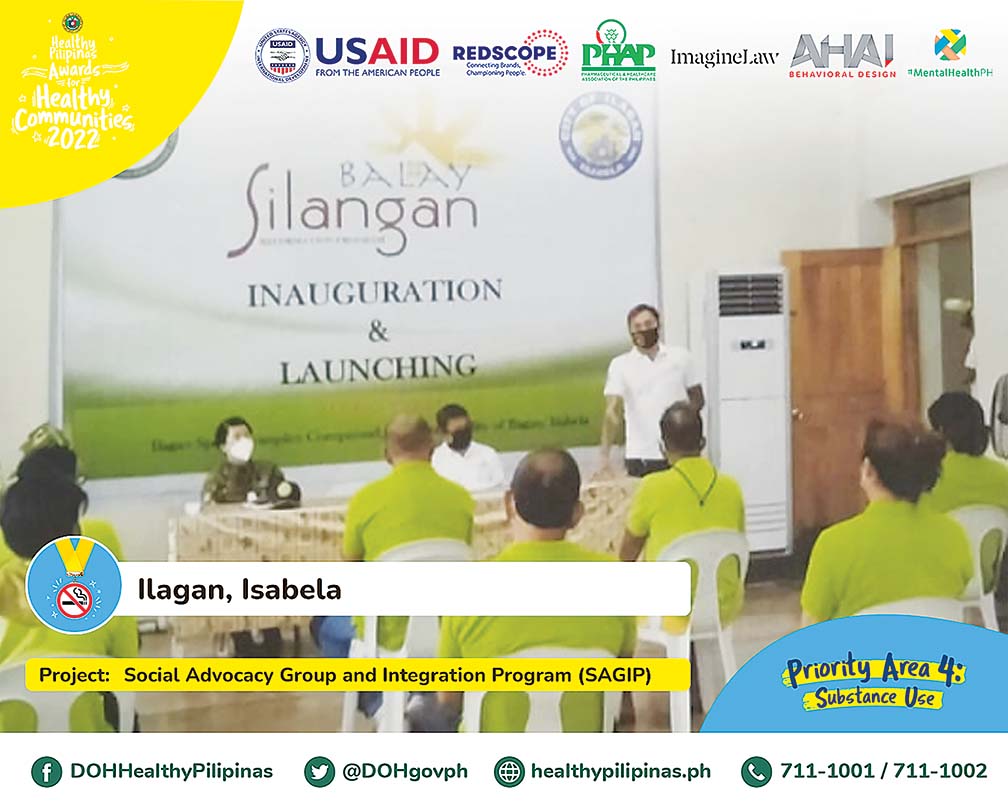
The Social Advocacy Group and Integration Program (SAGIP) is the Ilagan City Government’s initiative to provide temporary shelter for drug offenders with the objective of reforming them into self-sufficient and law-abiding responsible citizens of the society.
Adopting the Balay Silangan Program of the Philippine Drug Enforcement Agency (PDEA), SAGIP provides a community-based reformation program (CBRP) aimed to rehabilitate drug personalities in the City of Ilagan through spiritual, psychological, personal, and livelihood development opportunities and intervention to give them a fresh start in life.
General interventions, like continuing education and health awareness, and psychological and spiritual sessions such as counseling, moral recovery, and values formation as well as physical fitness, personal and life skills, among others, are provided under the program.
Livelihood and skills training programs like driftwood furniture and bonsai making and artificial pottery making are conducted to give reformers possible employment opportunities after they finish the program.
With the support of and partnership with the Technical Education and Skills Development Authority (TESDA) and the Ilagan Ministers Association (IMA), the clients undergo one month of in-house reformation and community-based rehabilitation activities.
Under the SAGIP Program, drug surrenderees were provided with one sack of rice, P5,000 start-up capital for their family, and grocery packs before the start of their community-based reformation program (CBRP). After the program, each SAGIP graduate is given grocery supplies worth P3,000 and 25 kilos of rice.
The Balay Silangan Center houses the beneficiaries of the SAGIP Program. It was officially inaugurated and opened on Aug. 27, 2021, which also marked the launch of the first batch of its clients. Today, the Program has accommodated 630 beneficiaries which are now called reformers.
Tacloban City Government—New Beginnings
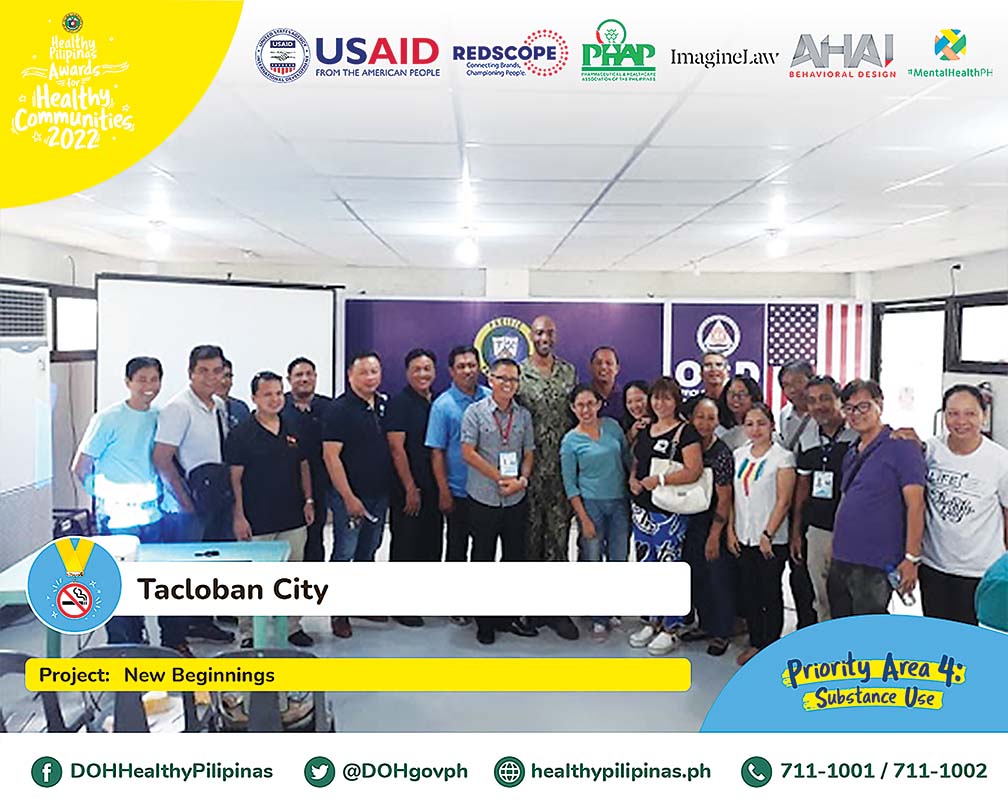
The New Beginnings Drug Prevention, Control, Rehabilitation, and Recovery Program, or simply called as New Beginnings, envisioned a holistic approach in addressing drug addiction.
Institutionalized in Dec. 14, 2016 through Executive Order No. 2016-12-052, the program was a breakthrough in providing a venue for drug surrenderees to refocus their lives into becoming responsible and law-abiding citizens.
The program covers a wide spectrum of intervention mechanisms to ensure that beneficiaries are aided in every step of the healing process. From preparatory activities involving consultations with partners and mobilization of volunteers, to actual implementation focusing on assessment of needed intervention, the New Beginnings initiative brings to the forefront the wide array of options required by drug personalities to turn their lives for the better.
The components of the program include the assessment of Persons Who Used Drugs (PWUDs) through the use of the Alcohol Smoking and Substance Involvement Screening Test-Brief Intervention (ASSIST-BI). Drug Dependency Evaluation is conducted by the accredited physician if the case warrants. Individual and family intervention is done by trained life coaches and social workers and the final step is the reintegration of the client back into society. In partnership with other government agencies and the private sector, the initiative contributed to the declaration of Tacloban City as the first “Drug-Cleared Highly Urbanized City” in the Visayas last Dec. 6, 2017.
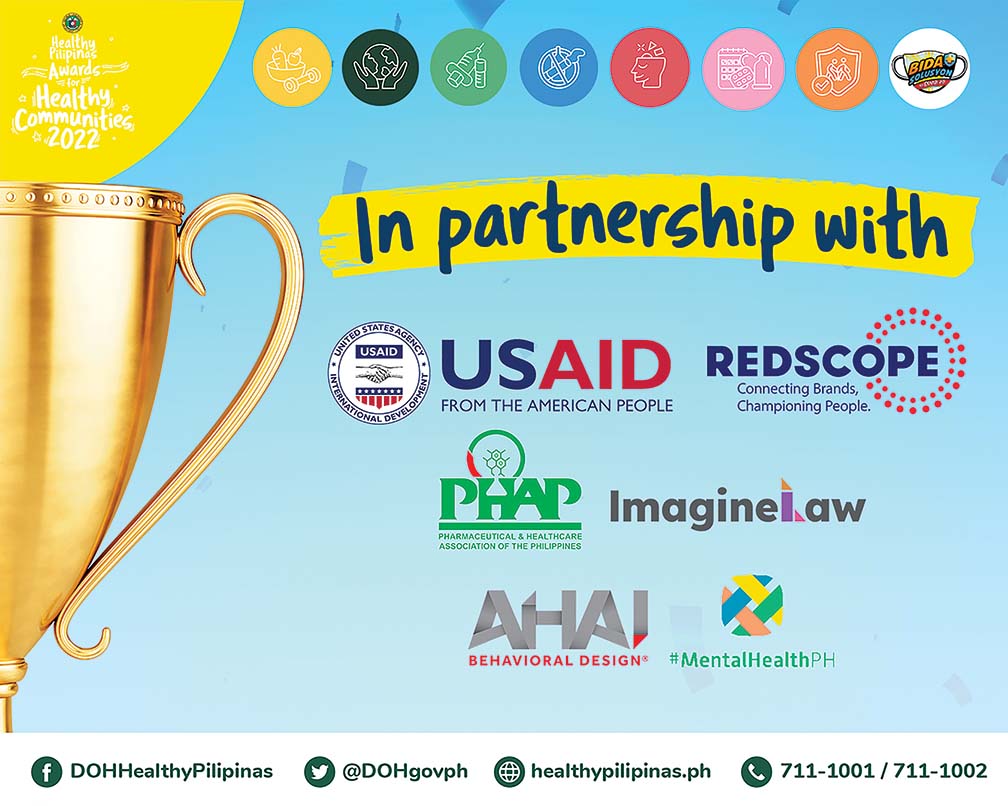
As of 2021, New Beginnings have already transformed the lives of 506 individuals. These persons have already been integrated into community life. As the issue of drug dependency remains to be a threat to the community, the New Beginnings Program will continue providing services and offer innovation in the fight against illegal drugs.

